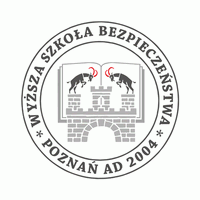There are three wicks you know to the lamp of a man's life: brain, blood, and breath. Press the brain a little, its light goes out, followed by both the others. Stop the heart a minute, and out go all three of the wicks. Choke the air out of the lungs, and presently the fluid ceases to supply the other centres of flame, and all is soon stagnation, cold, and darkness.
Oliver Wendell Holmes, Sr., The Professor at the Breakfast Table (1859), XI.


